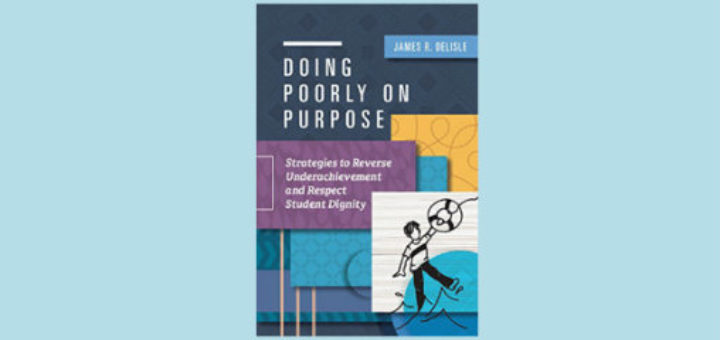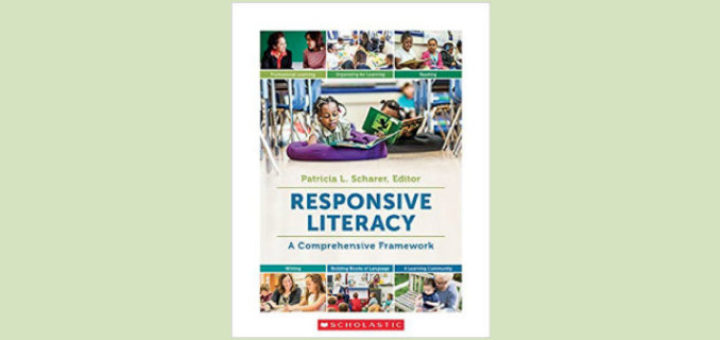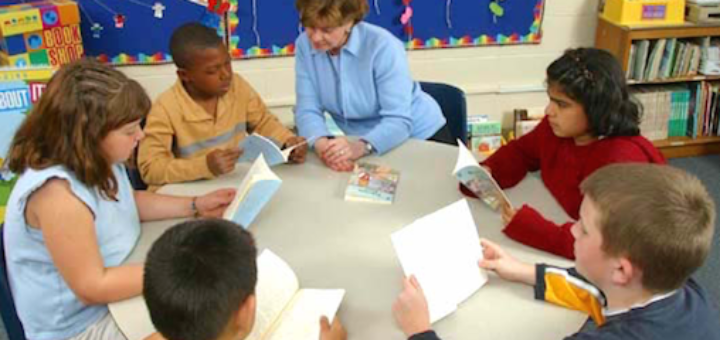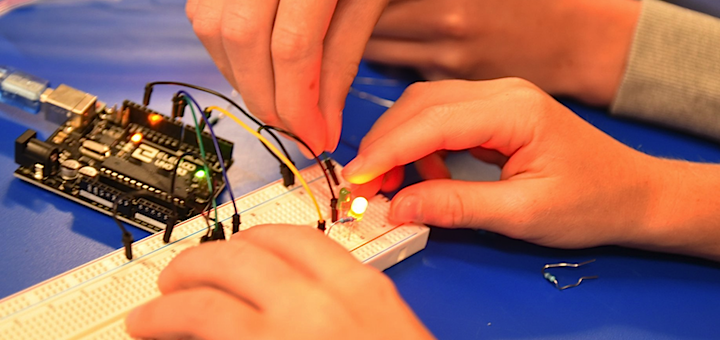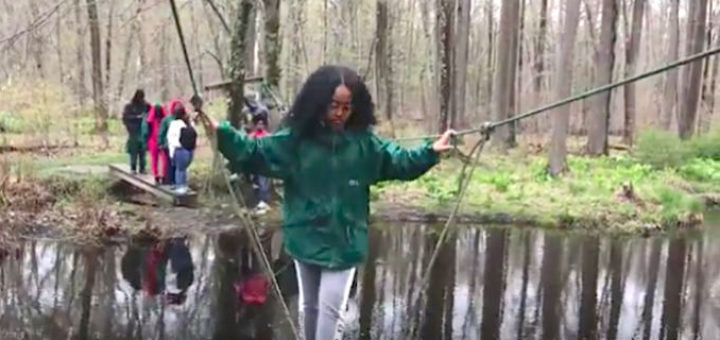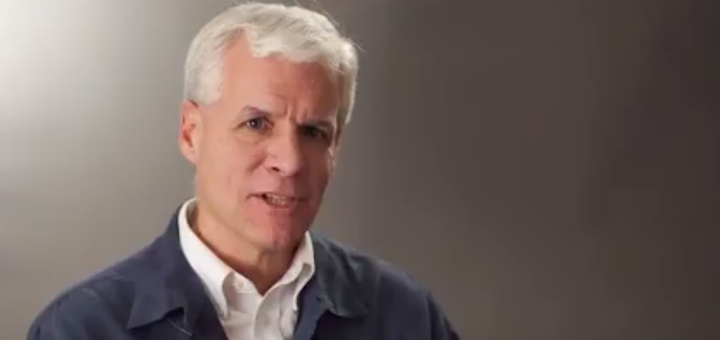Helping Students Who Do Poorly on Purpose
Doing Poorly on Purpose by G&T specialist Dr. James Delisle explores how to help smart students who do poorly in school. Many of the ideas can be effective with any student, says teacher Elizabeth OBrien. Strategies include reaching underachievers and “selective customers.”

